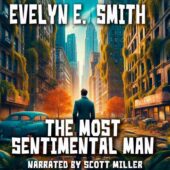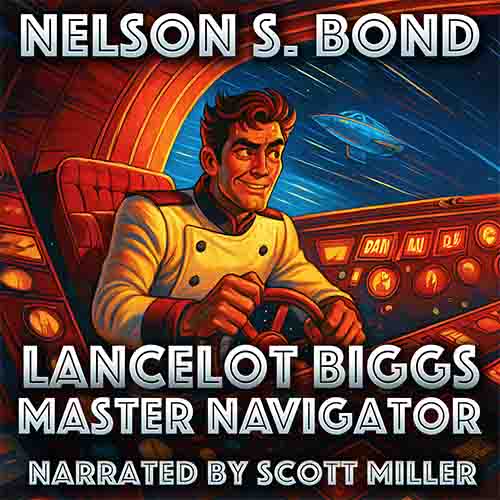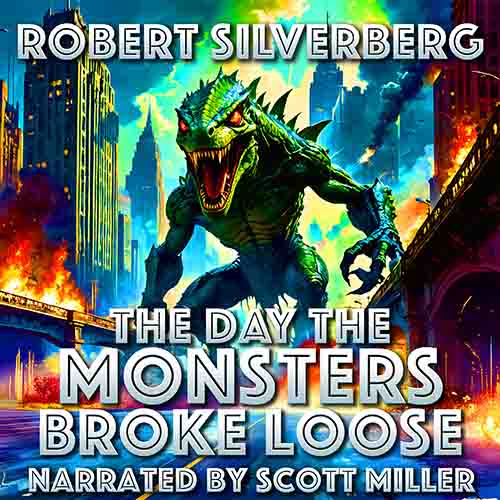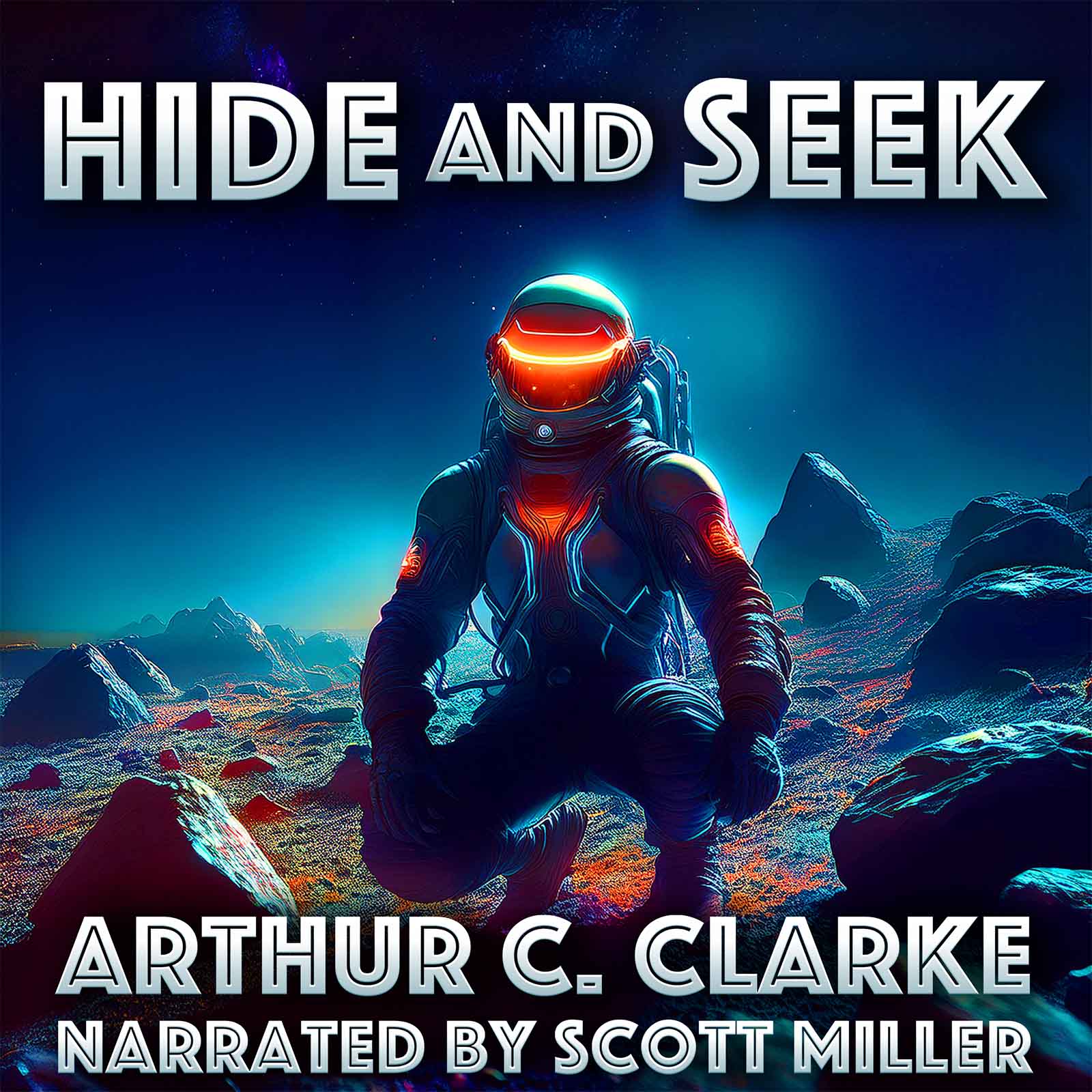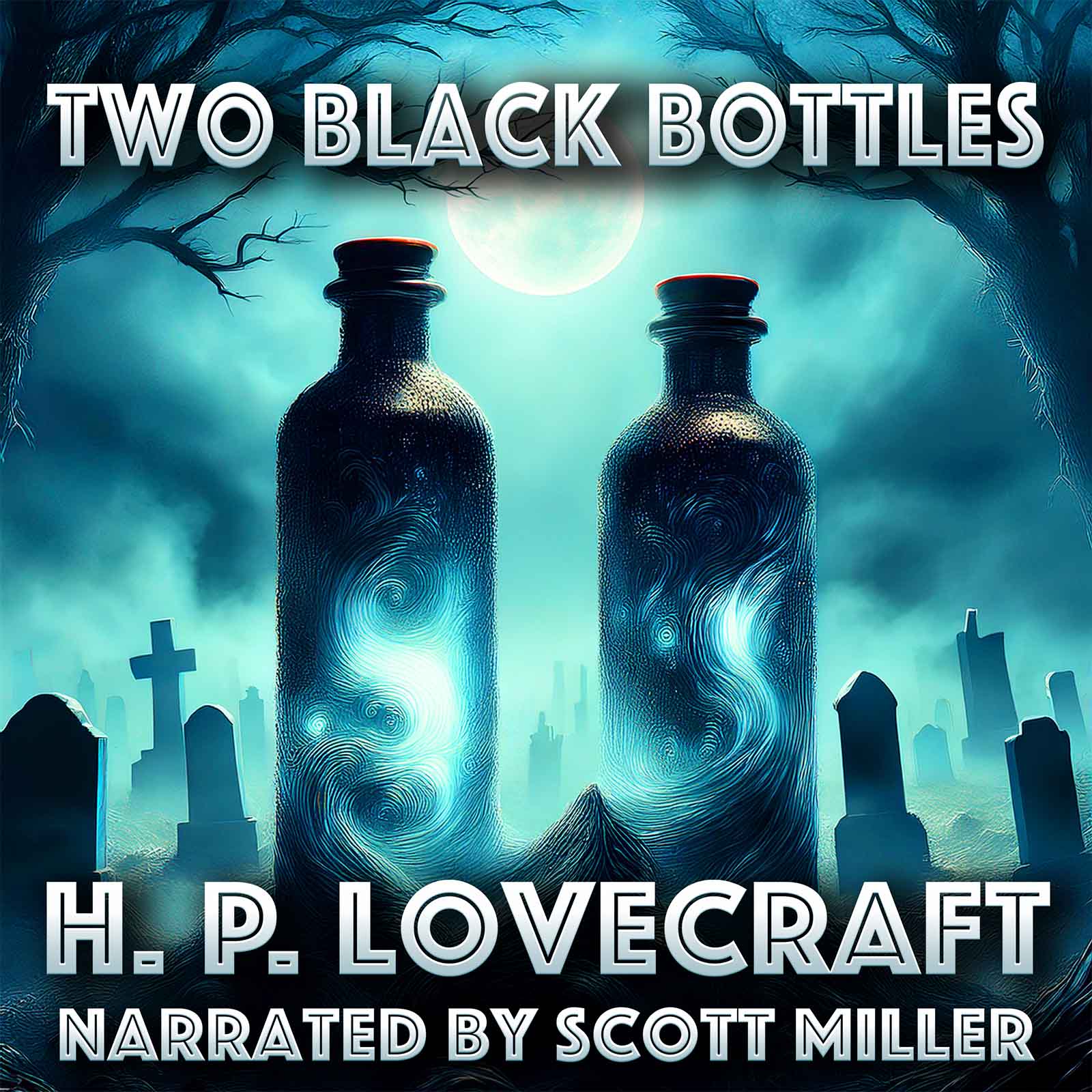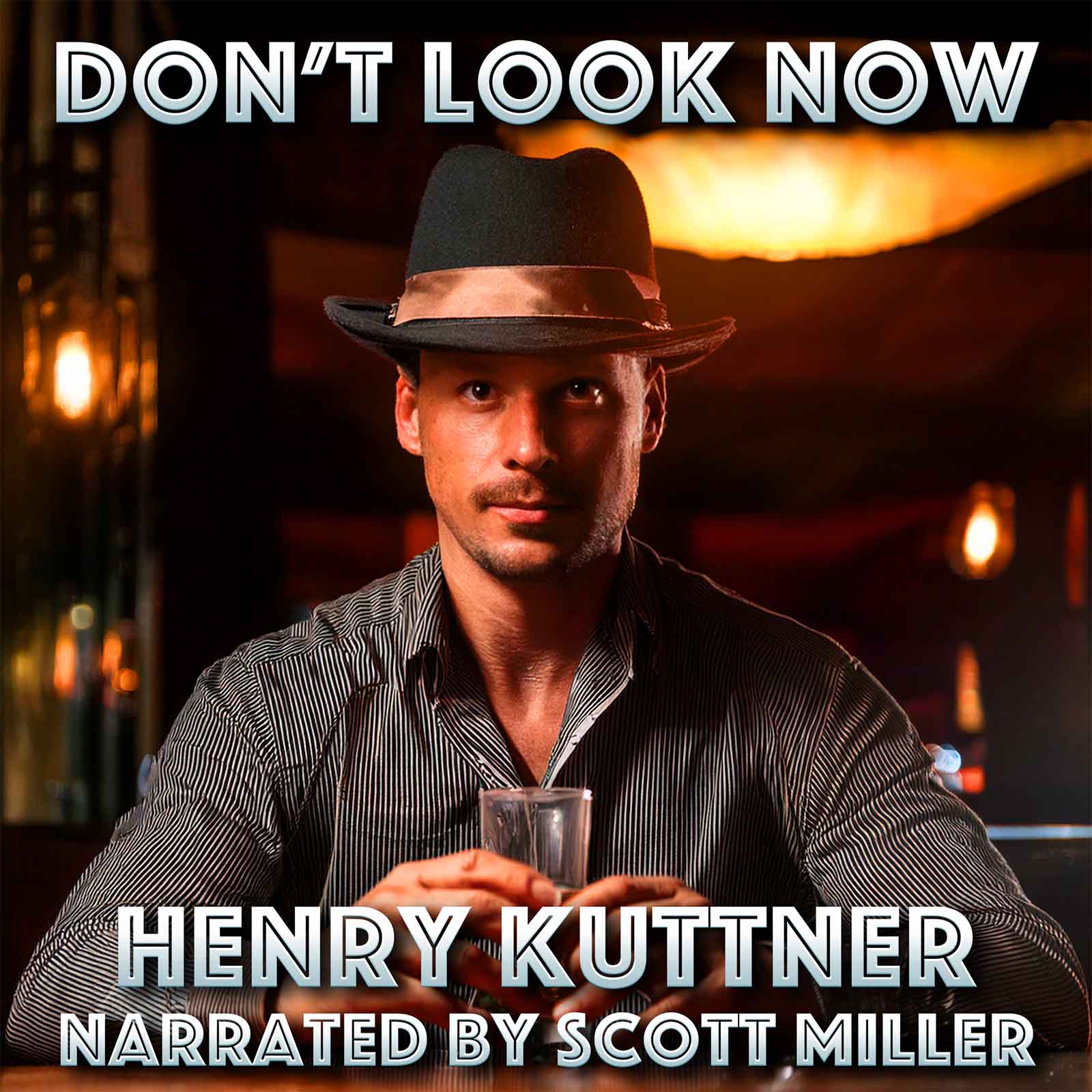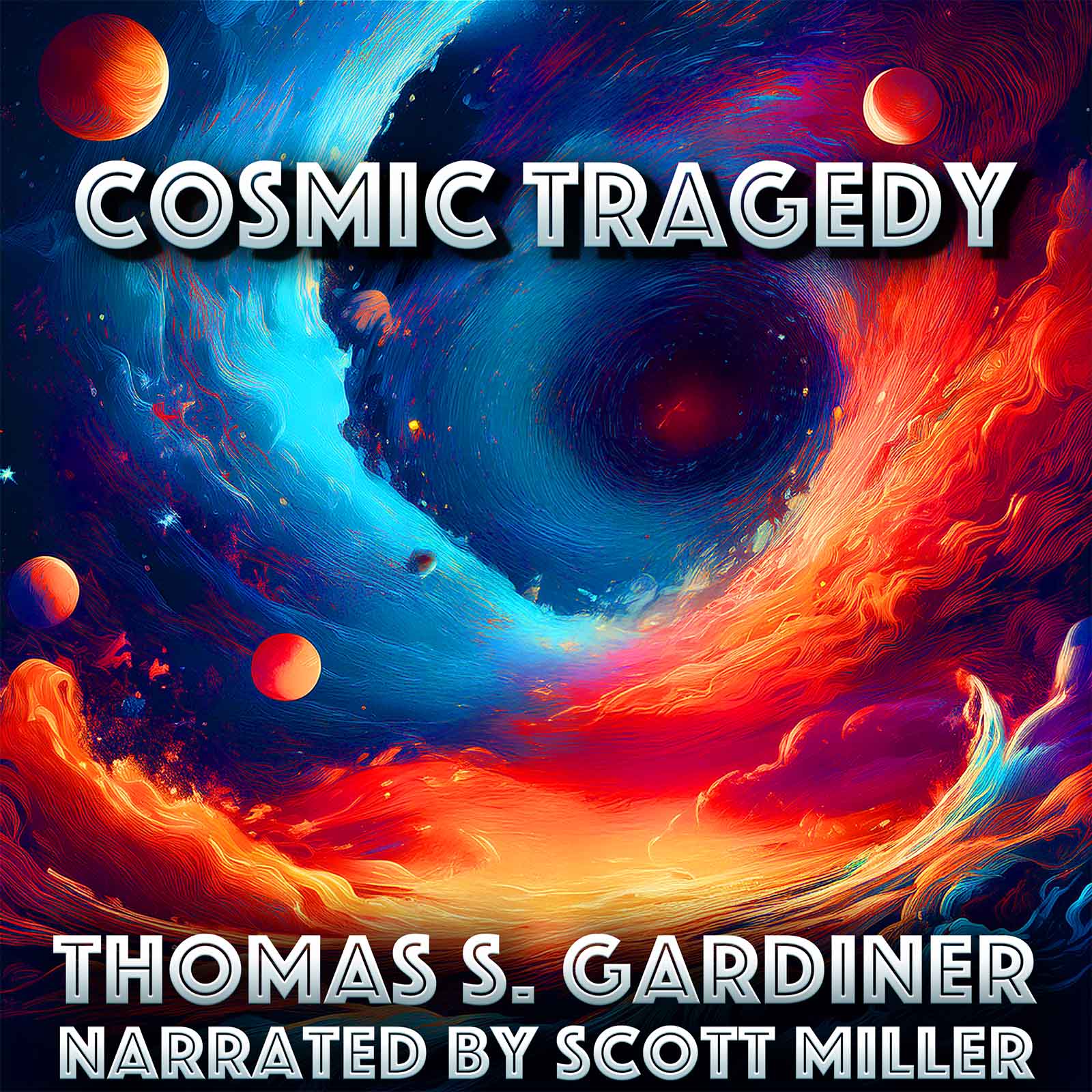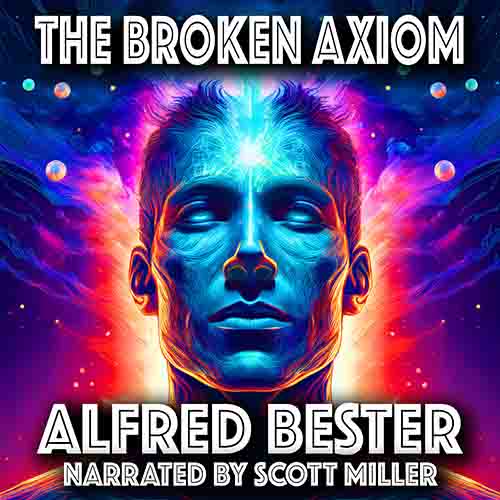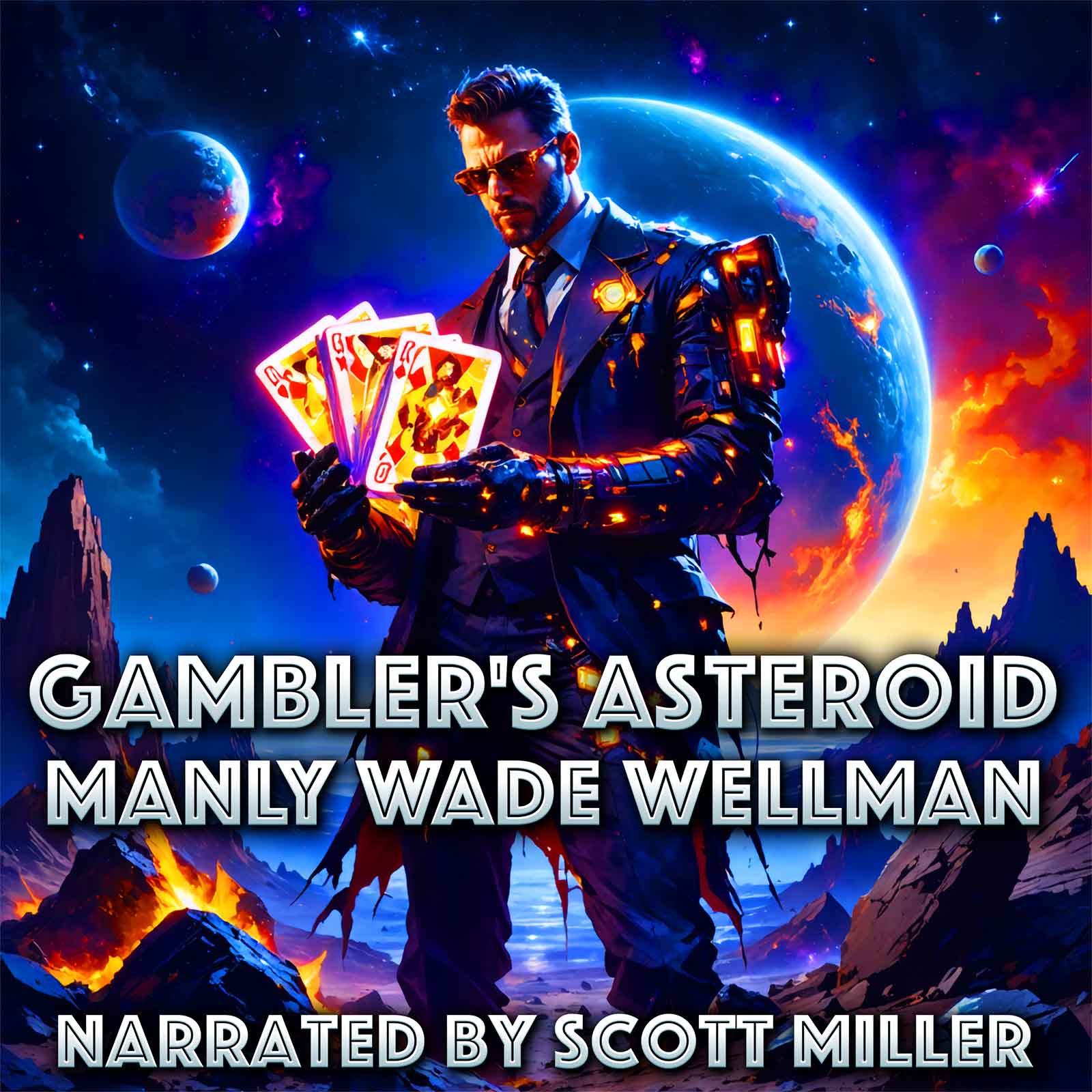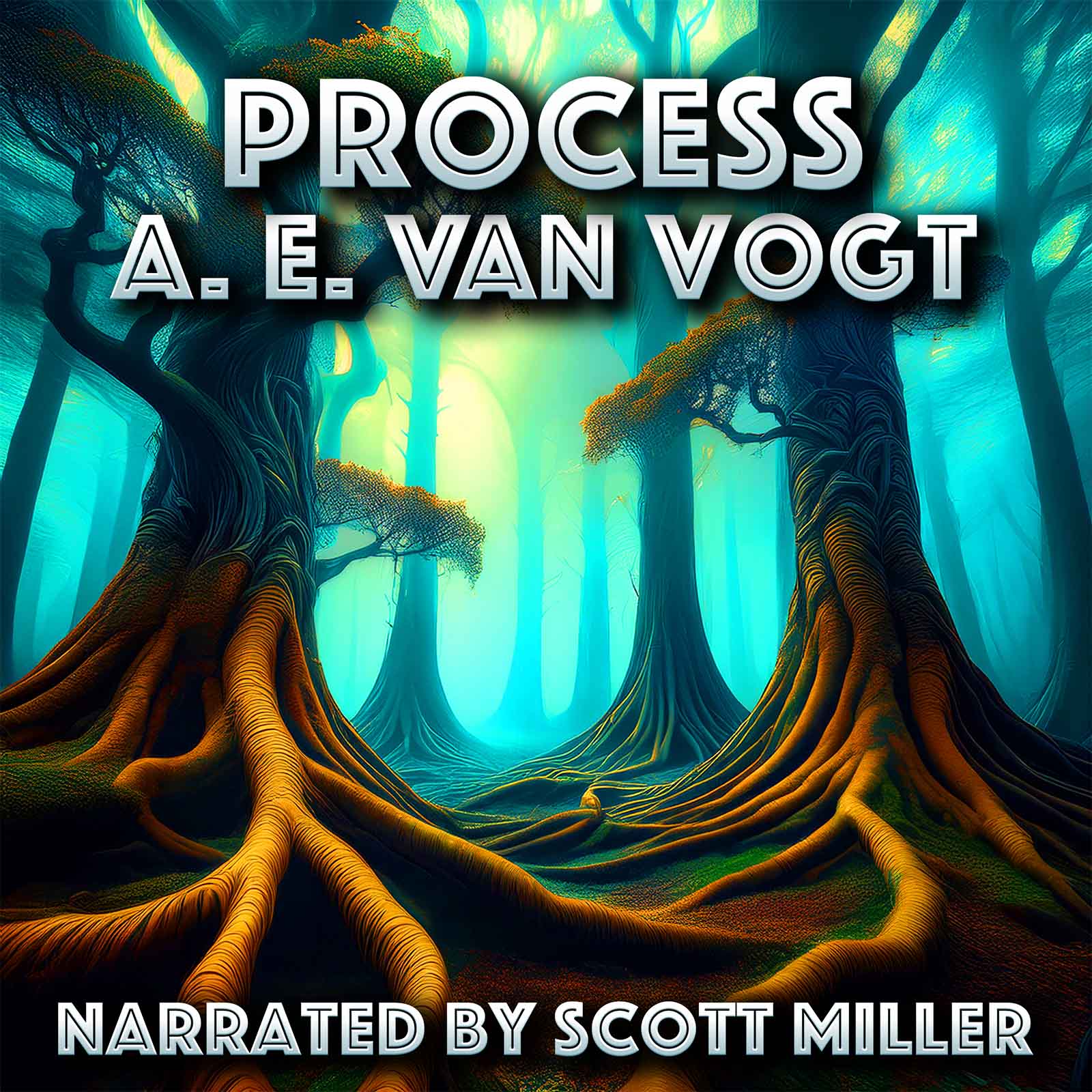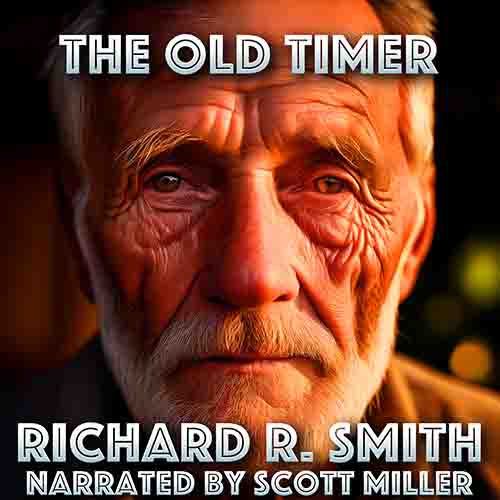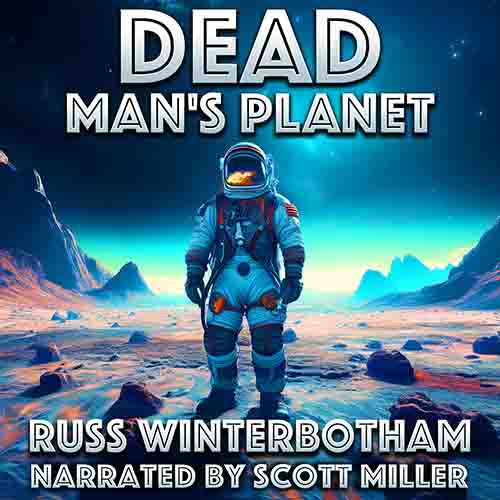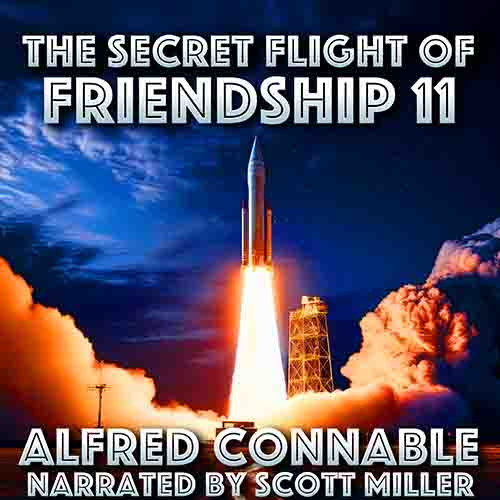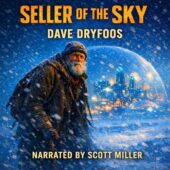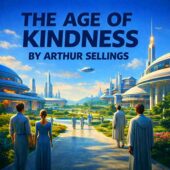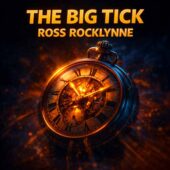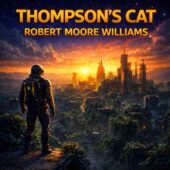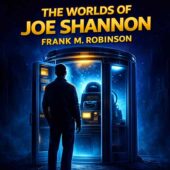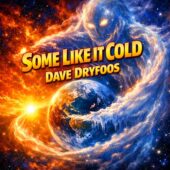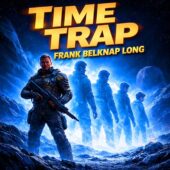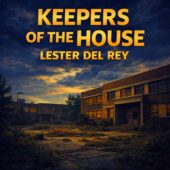Evelyn E. Smith

Biography
Evelyn E. Smith (1922–2000) was an American author best known for her witty and satirical science fiction stories of the 1950s and 1960s, as well as her later work as a novelist of romance and mystery. Though she never achieved the fame of contemporaries such as Isaac Asimov or Robert Heinlein, Smith developed a reputation as a sharp, playful, and subversive voice in mid-century science fiction, bringing humor, irony, and social commentary to a field often dominated by hard science and serious adventure.
Born in New York City, Smith grew up with a passion for literature and wordplay. She worked for many years as a crossword puzzle constructor, contributing regularly to The New York Times and other publications. This background in puzzles and wit carried into her fiction: her stories are often compact, clever, and driven by irony or twist endings.
Smith began publishing science fiction in the early 1950s, when the pulp era was giving way to digest magazines. Her work appeared in Galaxy Science Fiction, Fantastic Universe, If, and The Magazine of Fantasy and Science Fiction. She quickly established herself as a writer of humorous and satirical tales, often poking fun at bureaucracy, gender roles, and human foibles. In an era when women writers in science fiction were relatively rare and often underappreciated, Smith’s distinct voice stood out.
Among her best-known works is “The Ballad of Lost C’mell” (not to be confused with Cordwainer Smith’s similarly titled story) and particularly “The Morning After” (1957), which satirized Cold War anxieties and human short-sightedness. Many of her stories used alien encounters or futuristic settings as mirrors for contemporary society, highlighting the absurdities of prejudice, conformity, and politics. She was especially skilled at blending humor with darker undertones, leaving readers amused but also unsettled.
Her novel-length science fiction is less well-known but equally imaginative. The Perfect Planet (1962) envisioned a dystopian society where individuals are assigned rigid social roles, satirizing bureaucracy and authoritarianism with her characteristic wit. Escape from Elsewhere (1962) offered a lighter, comic adventure about an alien world of impossible bureaucracy. In both, Smith used humor to critique rigid systems and celebrate individuality, a theme that ran through much of her work.
Smith’s short fiction, however, remains her greatest legacy. Stories such as “BAXBR/DAXBR” (1954), “Dull Drums” (1955), and “The Hardest Bargain” (1957) showcased her mastery of irony and satire, earning her a reputation as one of the funniest writers in the field. While contemporaries such as Robert Sheckley and Frederik Pohl also excelled at satire, Smith brought a distinctive sensibility—her humor often targeted sexism, social expectations, and human absurdities from a perspective rare among her peers.
After the 1960s, Smith gradually shifted away from science fiction toward romance and mystery novels, genres that offered more consistent markets and financial stability for women writers of the time. She wrote numerous gothic romances and mystery novels under her own name and pseudonyms, many of which were published as paperback originals during the 1970s and 1980s. Though these works did not gain the critical attention of her science fiction, they demonstrated her versatility as a writer.
Throughout her career, Smith continued to construct crossword puzzles, a pursuit for which she may have been more widely known during her lifetime than for her fiction. The cleverness and structural play of crossword-making informed her prose style, which often relied on wordplay, irony, and twist endings.
In later years, Smith’s science fiction was rediscovered and reappraised by fans and scholars of the genre. Critics have noted her pioneering role as a woman writing humorous and socially satirical science fiction in the male-dominated magazines of the 1950s. Her stories, often overlooked at the time, anticipated later feminist and socially conscious movements in science fiction.
Evelyn E. Smith passed away in 2000, leaving behind a diverse body of work spanning science fiction, romance, mystery, and puzzles.
